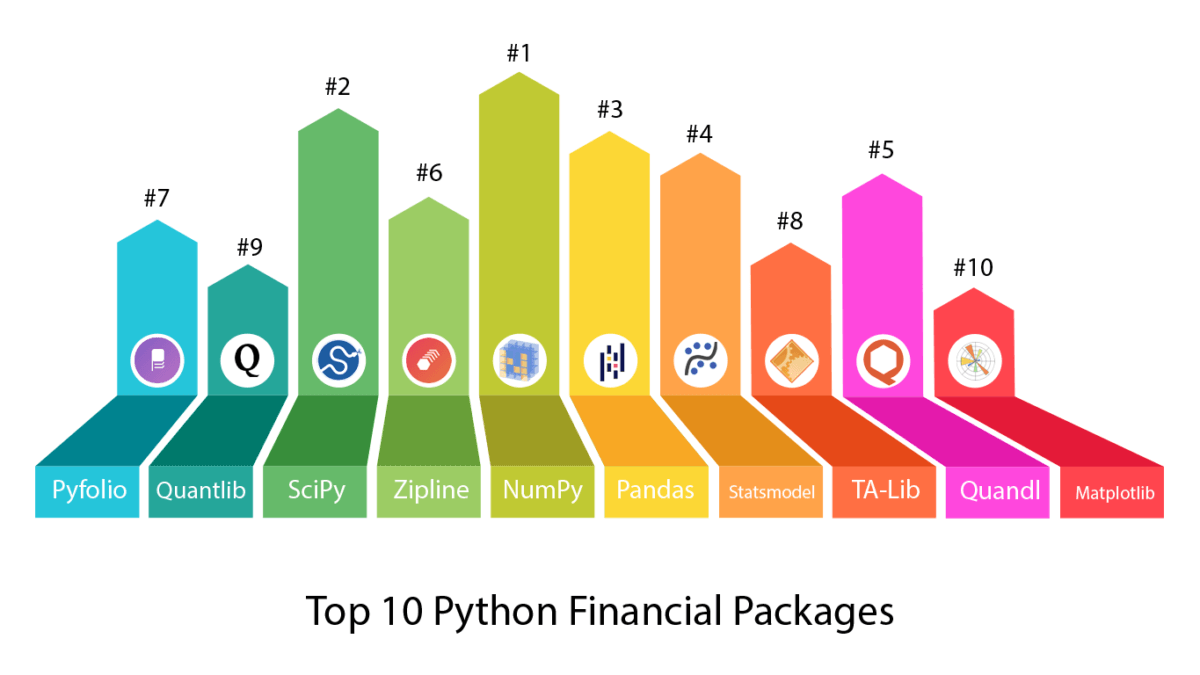Accountants and auditors need to have an eager eye for detail and strong issue solving and analytical skills. You'll need to understand basic accounting concepts, practices, and laws, which is normally obtained through a four-year accounting or associated degree (What is internal rate of return in finance). Though you do not definitely need one to start, your job potential customers will increase tremendously if you have or are working toward an accounting certification. Licensed Public Accounting Professional (CPA) is the most popular, but there are a variety of others depending upon your specialized. As the name suggests, credit analysts analyze the credit and monetary information and history of people and business to determine the degree of danger associated with lending them cash or extending them credit.
Credit analysts primarily work for banks and credit card business however can likewise work for home loan, insurance, and investment companies. You'll require strong decision-making, crucial thinking, analytical, research, and interaction skills along with a bachelor's degree in finance, accounting, or a related field. Some positions might likewise https://reviews.birdeye.com/wesley-financial-group-162137559535463 require a Chartered Financial Expert (CFA) credential. Brokers and traders buy and sell securities like stocks, bonds, and other funds and do research study ahead of these trades. Nevertheless, while traders typically buy or sell based upon the desires of a supervisor of a portfolio or other investment fund, brokers are accountable directly to the financiers and might work for themselves or a brokerage or securities company.
Both positions require a four-year degree and particular Financial Industry Regulatory Authority (FINRA) licenses to finish trades on behalf of others. Financial analyst is a first financing task title for numerous individuals going into the industry. Depending upon where you work, you may offer guidance to organizations and people making investment decisions; examine the performance of stocks, bonds, and other financial investments; examine present and historic monetary information for the business you work for resort cancellation services or others; and research possible financial investments. No matter the business, a lot of monetary experts are accountable for reporting their findings to others. You're more than likely to be working for large monetary institutions including investment firms and banks in New York City and other monetary centers, but you can also work as a business monetary expert in other industries.

To start, you need to have a bachelor's degree in financing or an associated field. Pursuing an associated internship will also assist you land an entry-level position. In order to advance as a monetary expert to a portfolio or fund management position, you might need a CFA certification or other FINRA license and an MBA. Lots of banks have two-year financial analyst programs for brand-new graduates. Some of these programs, like the one at Wells Fargo, are rotational, permitting you to find out about different areas in the monetary industry to help you choose where you want to go with the rest of your profession.
Budget experts work throughout industries in private business and for federal government offices and should have strong analytical and interactions skills to explain decisions to others in a company. Budget plan analysts usually require a bachelor's degree in accounting or a similar field, however some business will accept experience rather while others are looking for prospects with an MBA. In order to work in some government budget plan expert positions, you might require a Licensed Federal government Financial Supervisor credential from the Partner of Government Accountants. Personal monetary organizers and consultants help people with their financial goals, including providing education on investments, picking financial investments on their behalf, managing their portfolios, planning for long-lasting objectives, and monitoring their finances.
What Is Capital One Auto Finance Repossession Policy - The Facts
Financial advisors might advise customers when or for a short time, whereas monetary coordinators typically have long continuing relationships with customers (which indicates they require strong social abilities) and need to be Licensed Financial Planners to use the task title. In addition to analytical skills and investment knowledge, monetary coordinators need to likewise have an entrepreneurial state of mind, Goodfellow states, since even if you're working for another organization, you're frequently developing up a list of customers yourself. Danger professionals work for investment banks and firms, mortgage and insurance business, and corporate lenders, among others. Threat experts utilize quantitative and qualitative methods to analyze the threat to: Existing and prospective investments (in both domestic and foreign markets) Making capabilities, The success of business, Threat specialists require to have a strong capability to recognize possible problems and great inductive, deductive, and mathematical reasoning skills.
A degree or focus in global business is also useful for risk specialists. Financial inspectors make sure compliance with finance laws and regulations by reviewing balance sheets, monetary records, and loan documents. They typically work for financial organizations and insurance companies or for the government. Federal government monetary examiners often investigate fraud or money laundering at banks and other companies, while those working for private business guarantee the stability and compliance of their own companies. Financial examiners need strong attention to information and analytical abilities and a four-year degree in accounting or another field (though a specific variety of accounting classes is needed for anybody wanting to work for the FDIC), and may consider getting a CPA credential to make them a more competitive candidate.
Quants primarily work for investment banks and hedge funds, however might likewise be utilized by depository banks, trading firms, or fintech companies. To end up being a quant, you require to have high-level mathematical and other thinking abilities. A lot of your work will be abstract rather than focused on a specific business or market, and much more time will be spent on a computer screen than connecting with associates. The income for this position is high, however so is the barrier to entry: You'll need a master's degree or preferably a Ph, D in a quantitative field like mathematics, financing, statistics, or economics and be able to demonstrate a strong computer ability set, or a master's degree or Ph, D in financial engineering or computational finance.

They calculate the cost of those occasions and help design insurance plan and other models. Actuaries primarily work for insurer however can also be employed by investment companies, governments, or banks. Actuaries have a really high income and the market for these jobs has a really high forecasted growth rate, Goodfellow says. The BLS approximates that the field will grow 18% from 2019 to 2029. The task is also relatively low stress, especially compared to other tasks of this income level and in the financing market. You will require really strong mathematics and reasoning abilities and a four-year degree in actuarial sciences, finance, accounting, or a related field.